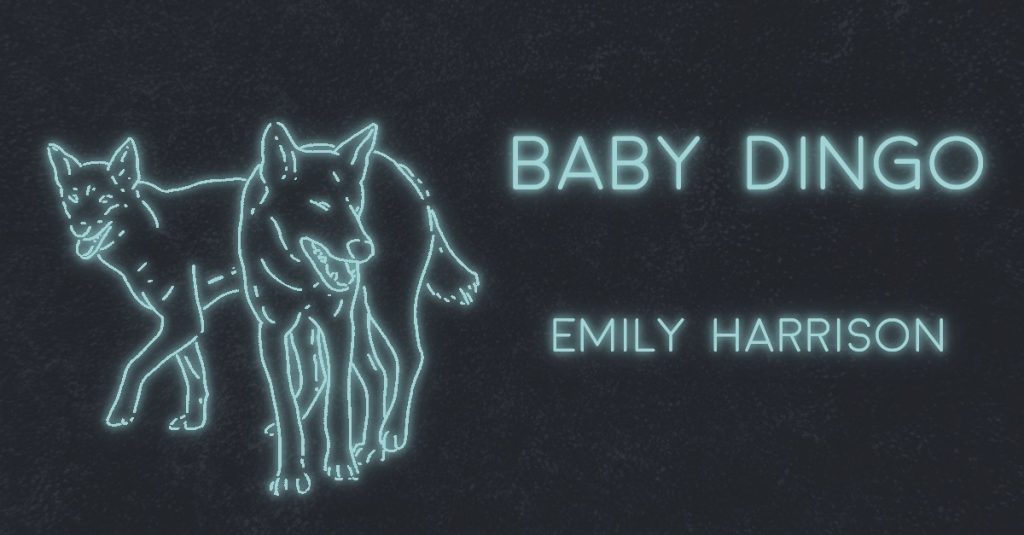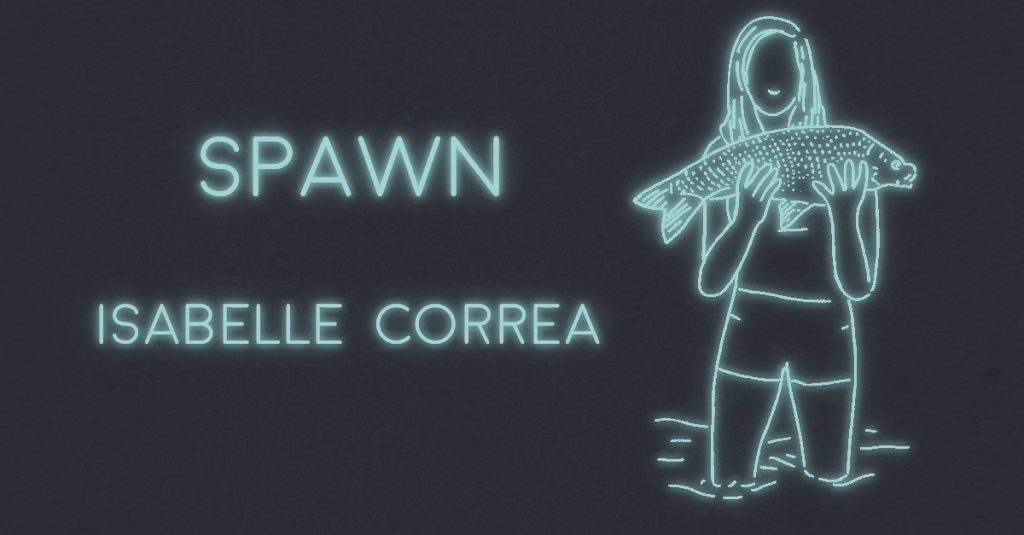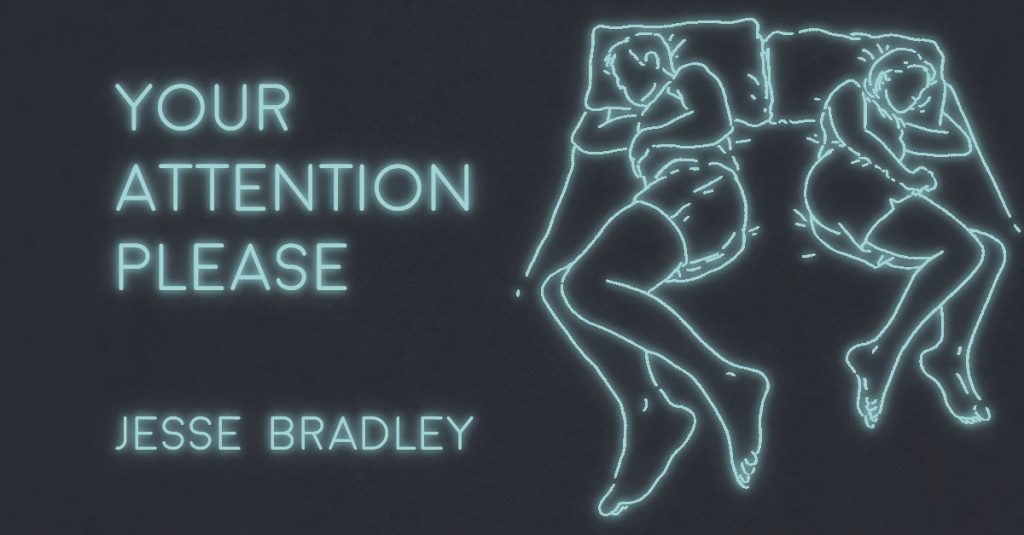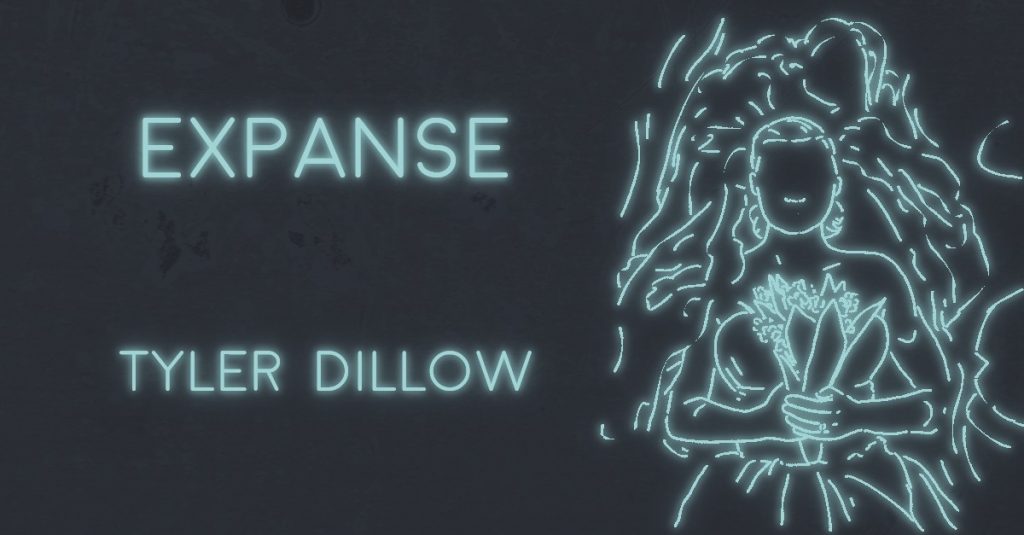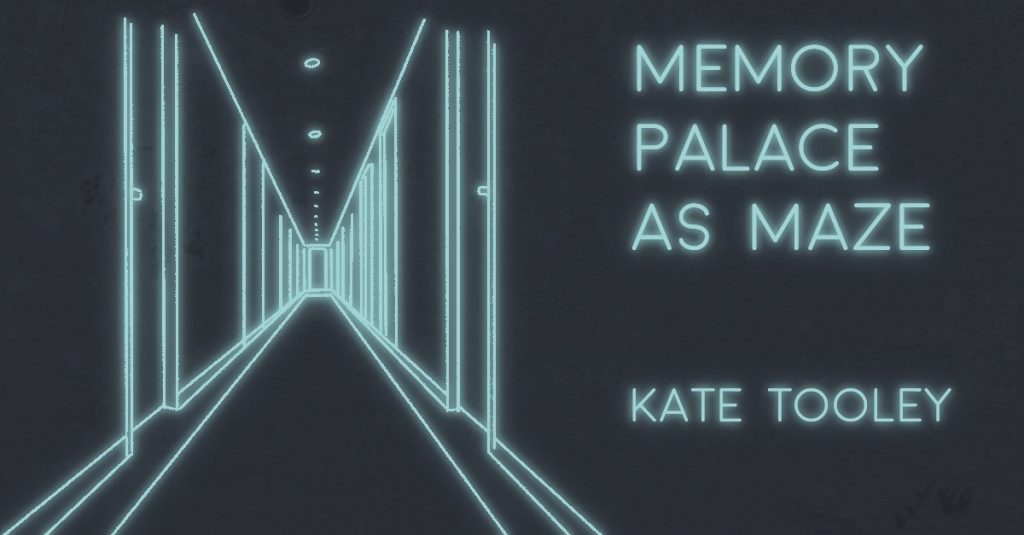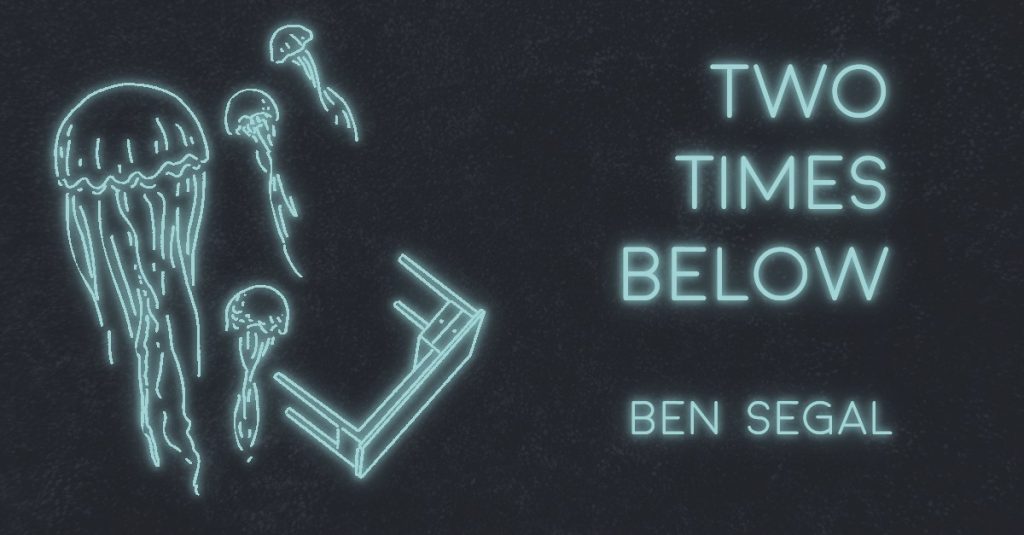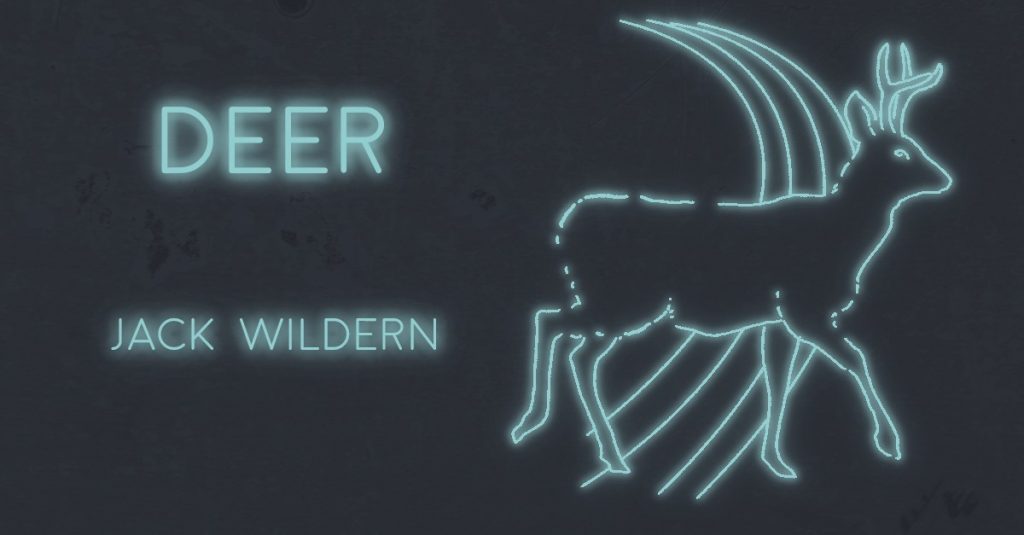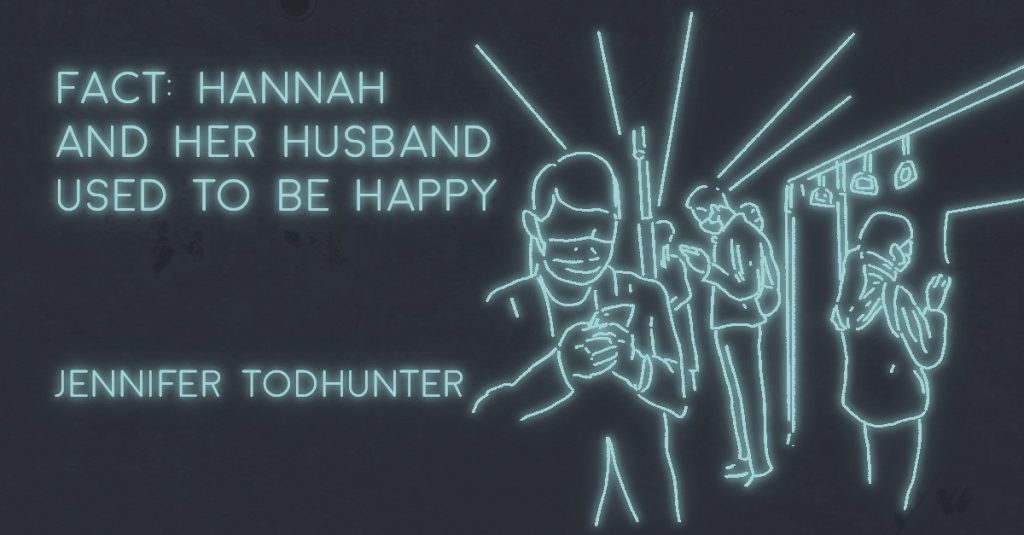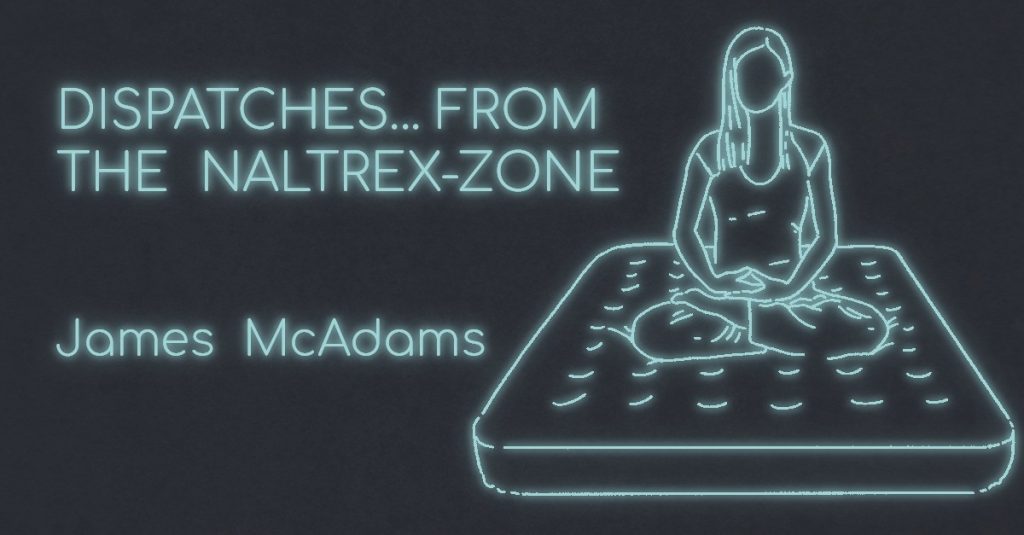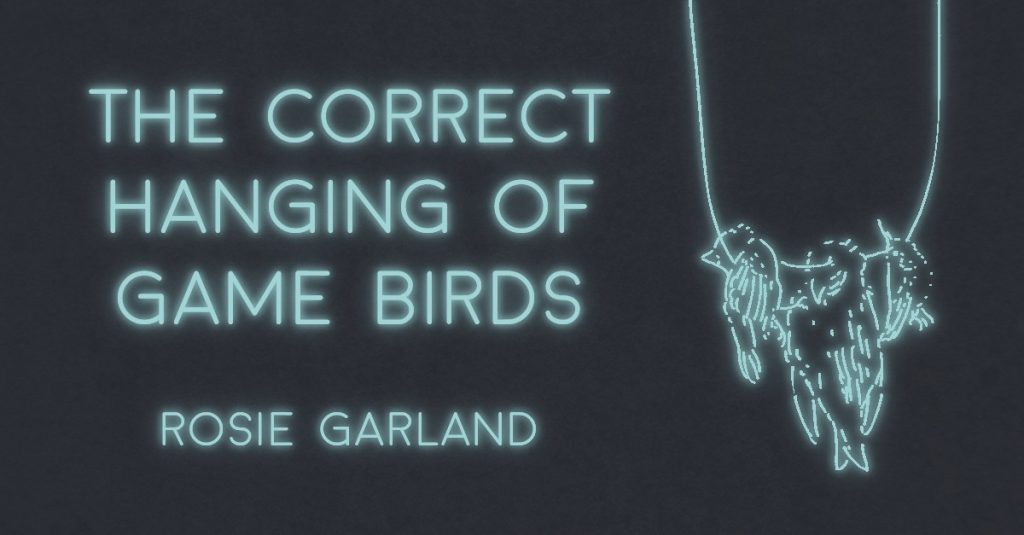
THE CORRECT HANGING OF GAME BIRDS by Rosie Garland
Rostrum Select old, wild birds. Beware harsh beaks, horned spurs, claws toughened by years of defiance. Pierce the beak. Hang by the neck, the feet. Each man has his taste. Hook and hang them long enough to conquer disobedience. Pectoral girdle Keep them in the dark. Convert the cellar into a hanging room: a stamped dirt floor to absorb the moisture they shrug off, dense walls to absorb sound. Keep your birds separate. Even when dead, their warmth communicates from breast to breast, stirring discord. Syrinx Permit yourself the luxury of appreciation. This bird is yours, now. Dawdle on the…

